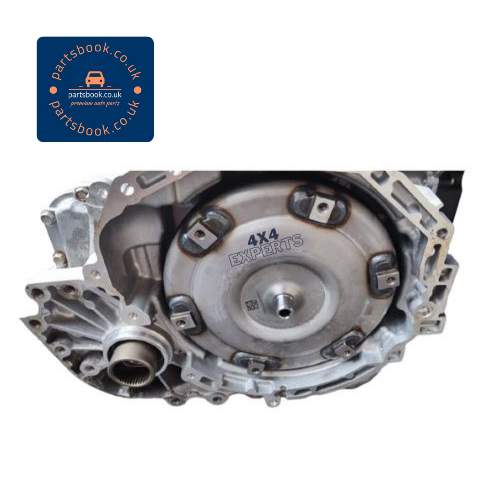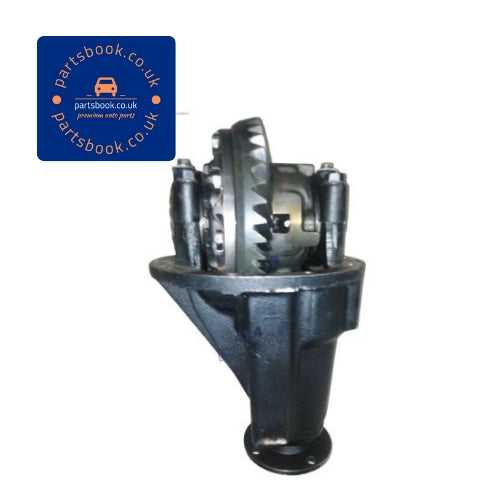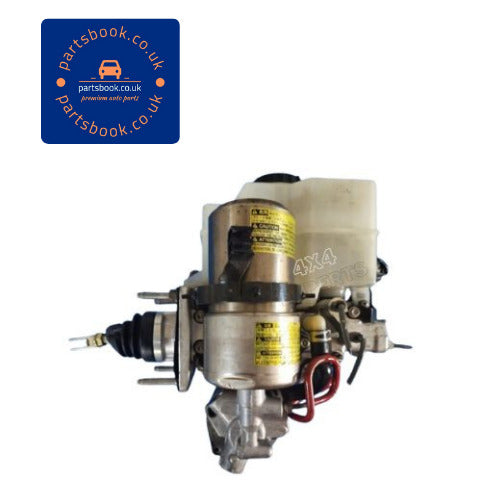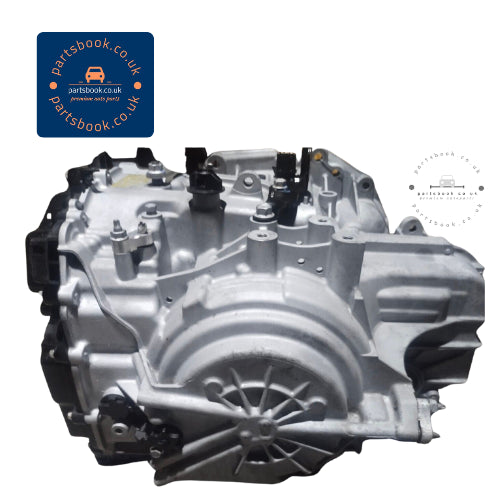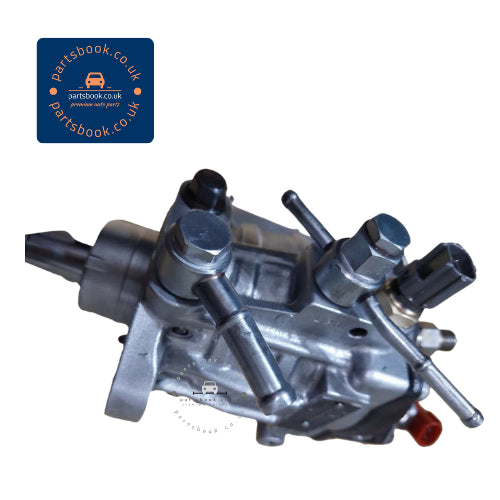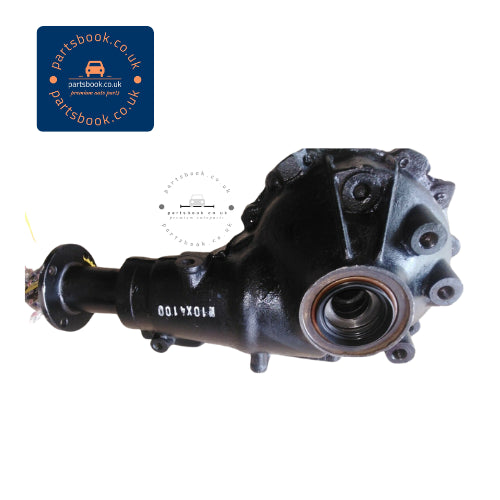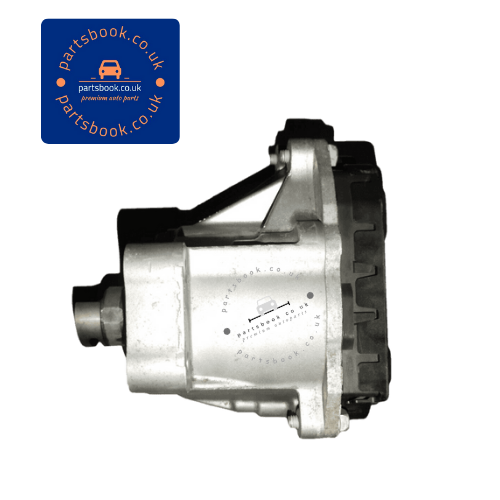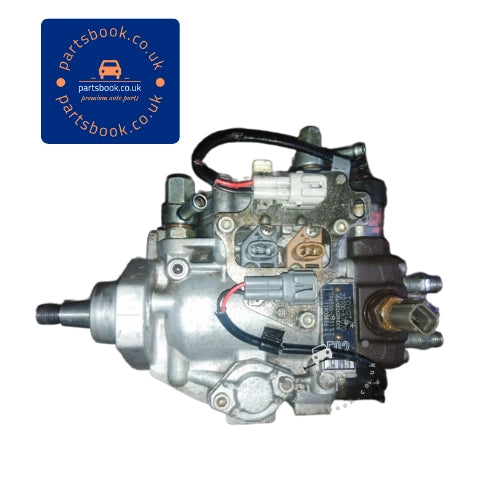Owning a Nissan Juke offers a unique blend of style and performance, but like any vehicle, it may sometimes communicate with you through the enigmatic language of warning lights. One of the most attention-grabbing signals is the Check Engine Light (CEL). Nissan Juke Check Engine Light: exploring the possible causes, the significance of timely diagnostics, and offering insights on what steps to take when this illuminating warning beckons.
Understanding the Check Engine Light:
The Check Engine Light, often represented by an engine-shaped icon on your dashboard, serves as a vigilant sentinel, monitoring various components of your Nissan Juke's engine and emission systems. When this light flickers to life, it indicates that the vehicle's onboard diagnostic system has detected an anomaly requiring attention.

Common Causes of the Check Engine Light:
-
Loose Gas Cap: Surprisingly, a loose or faulty gas cap can trigger the Check Engine Light. Ensure the cap is securely tightened, and if the issue persists, it's advisable to inspect for potential leaks.
-
Oxygen Sensor Malfunction: The oxygen sensor monitors the level of oxygen in the exhaust gases. A malfunctioning sensor can affect fuel efficiency and contribute to increased emissions.
-
Faulty Mass Airflow Sensor: Responsible for measuring the amount of air entering the engine, a malfunctioning Mass Airflow Sensor can impact fuel injection and combustion, triggering the Check Engine Light.
-
Catalytic Converter Issues: A failing catalytic converter, responsible for reducing harmful emissions, can prompt the Check Engine Light. Ignoring this issue can lead to decreased fuel efficiency and overall engine performance.
-
Ignition Coil Problems: The ignition coil plays a vital role in the combustion process. Failure can result in misfires, reduced power, and the illumination of the Check Engine Light.
Why Immediate Attention Matters:
While the Check Engine Light might not always signal an imminent breakdown, it should not be ignored. Timely attention to the illuminated warning can prevent potential damage, ensuring that your Nissan Juke continues to perform optimally and efficiently.
-
Preventing Further Damage: Addressing the root cause early prevents secondary issues from arising, saving you from expensive repairs down the road.
-
Maintaining Fuel Efficiency: Many issues triggering the Check Engine Light can impact fuel efficiency. Prompt repairs help to preserve your Juke's economic and environmentally-friendly performance.
-
Passing Emissions Tests: A consistently illuminated Check Engine Light may lead to a failed emissions test, hindering your vehicle's compliance with environmental standards.
What to Do When the Check Engine Light Appears:
-
Check the Gas Cap: Begin with the simplest solution. Ensure the gas cap is securely tightened, and if the light persists, move to the next steps.
-
Diagnostic Scan: Visit a qualified mechanic or use an OBD-II scanner to retrieve the specific error codes triggering the Check Engine Light. This information guides accurate repairs.
-
Professional Inspection: Based on the diagnostic results, seek the expertise of a qualified mechanic to identify and address the underlying issue. Professional intervention ensures comprehensive and accurate repairs.
Conclusion: The Nissan Juke Check Engine Light, though initially perplexing, serves as an invaluable ally in the realm of vehicle diagnostics. Embrace it as a proactive messenger, signaling the need for attention to maintain the health and longevity of your Juke. By understanding the potential causes, prioritizing timely diagnostics, and seeking professional assistance when needed, you can navigate the Check Engine Light journey with confidence, ensuring that your Nissan Juke continues to be a reliable and efficient companion on the road.
FAQs
FAQ: What does it mean when the check engine light in my Nissan Juke comes on?
- Answer: The check engine light in your Nissan Juke is a warning indicator that the onboard diagnostic system has detected a potential issue with the vehicle's emissions, engine, or other essential components. It signals the need for further inspection to identify and address the problem.
- Answer: While the vehicle may appear to run normally, the check engine light should not be ignored. It indicates a potential problem that may not be immediately noticeable. It's recommended to have the vehicle inspected as soon as possible to prevent any underlying issues from worsening.
- Answer: It's generally advisable to avoid prolonged driving with the check engine light illuminated. While the vehicle may still operate, continued driving with an unresolved issue could lead to further damage or reduced fuel efficiency. Have the vehicle inspected promptly to address the root cause.
- Answer: The check engine light can be triggered by various issues, including a loose gas cap, malfunctioning oxygen sensor, issues with the mass airflow sensor, or problems with the catalytic converter. A diagnostic scan is typically needed to pinpoint the specific cause.
- Answer: While there are devices available to reset the check engine light, it's crucial to note that doing so without addressing the underlying issue is a temporary solution. Professional assistance is recommended to diagnose the problem, perform any necessary repairs, and ensure the light is reset properly.


